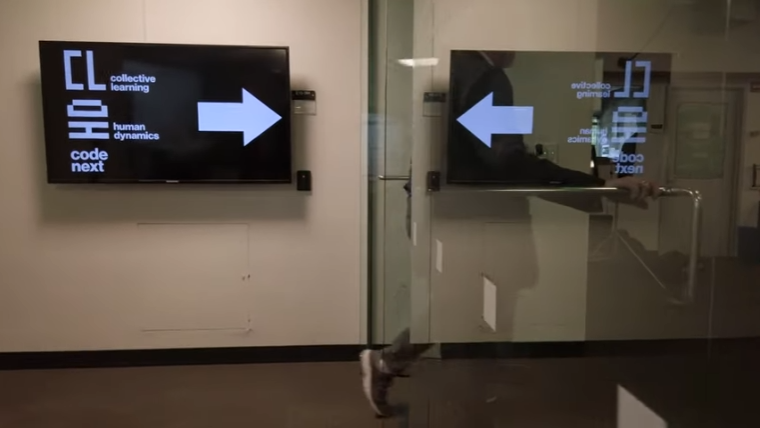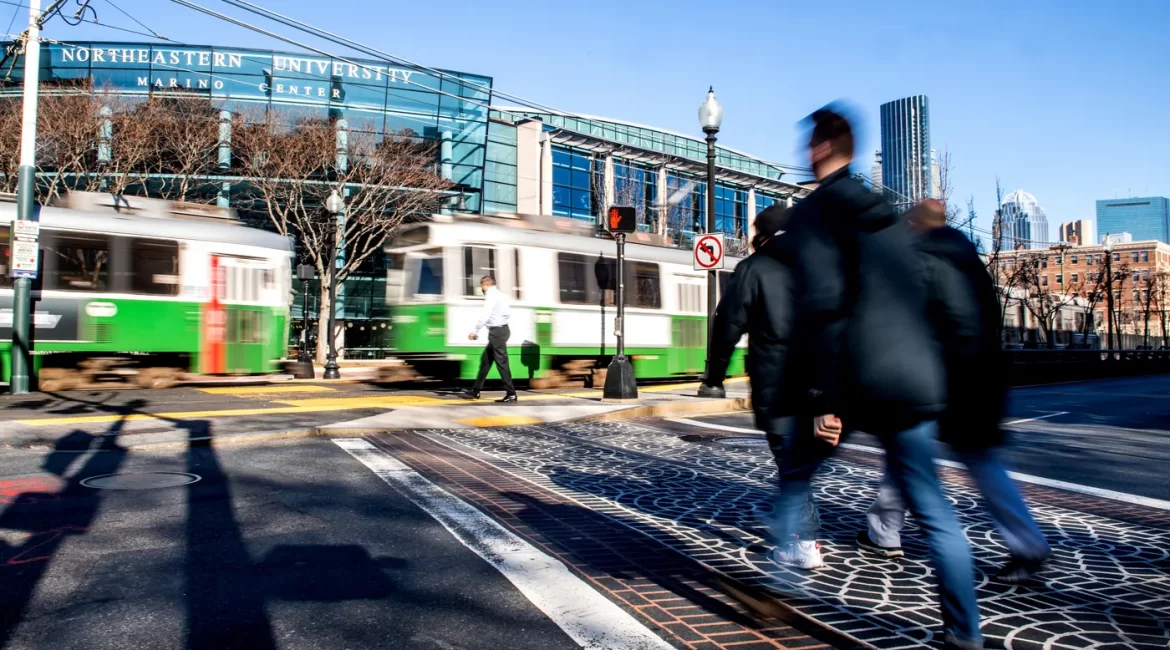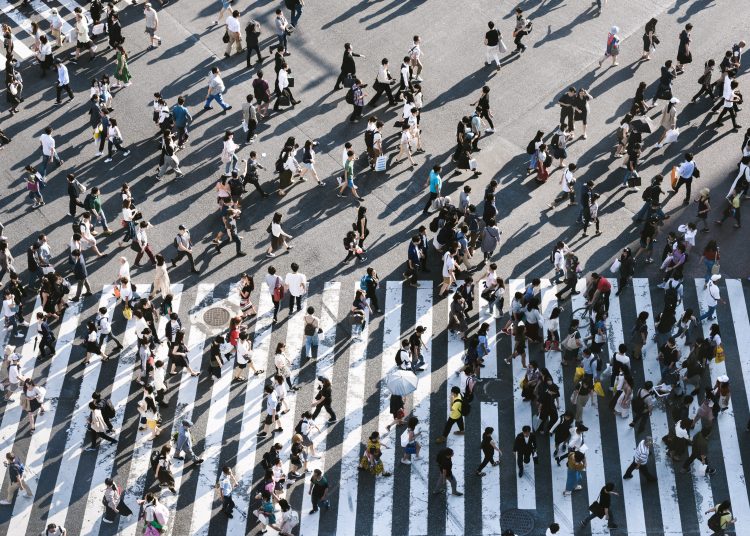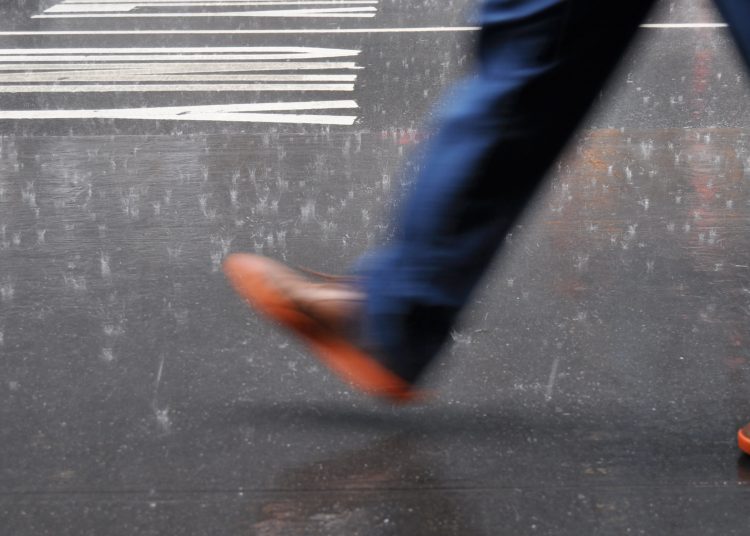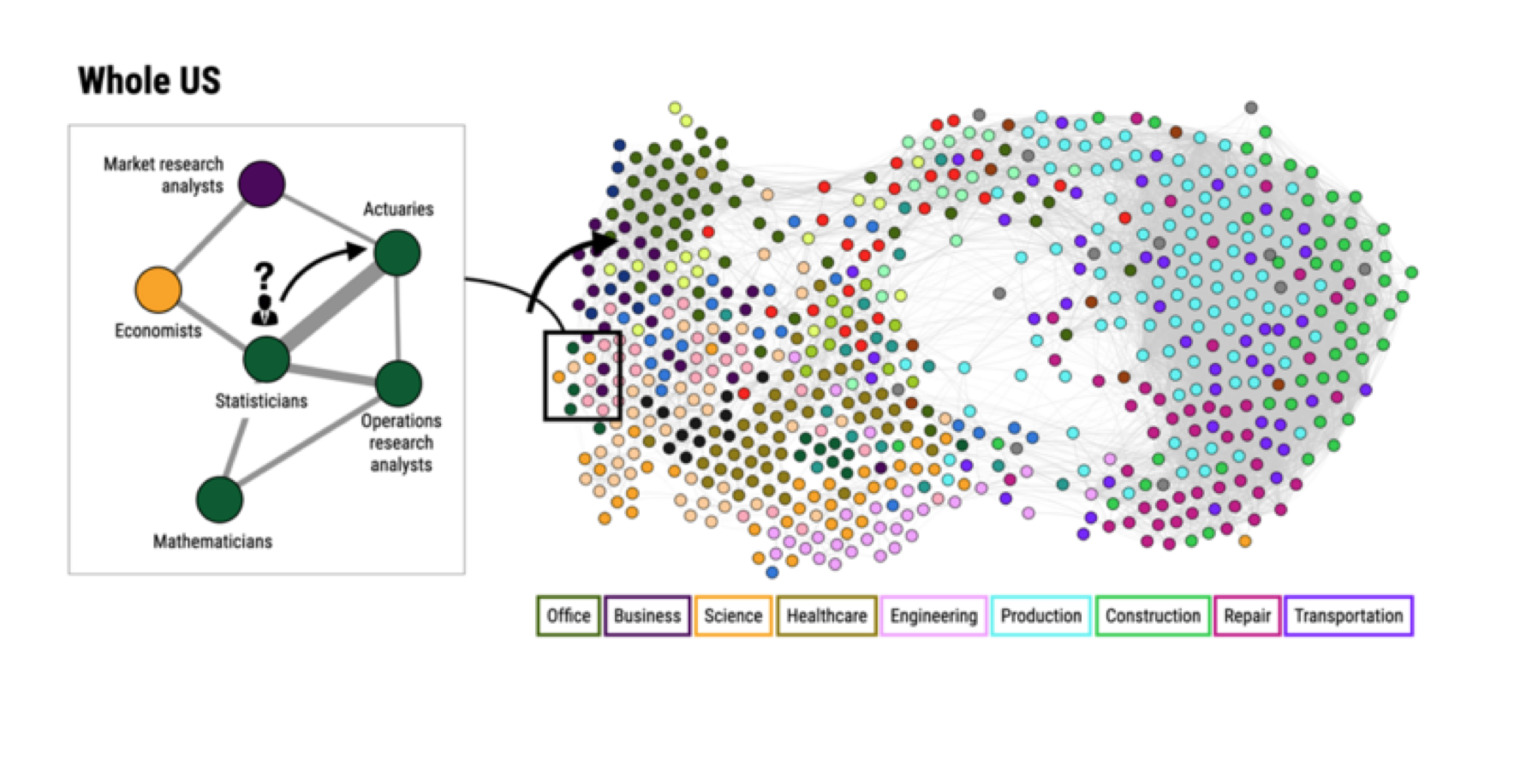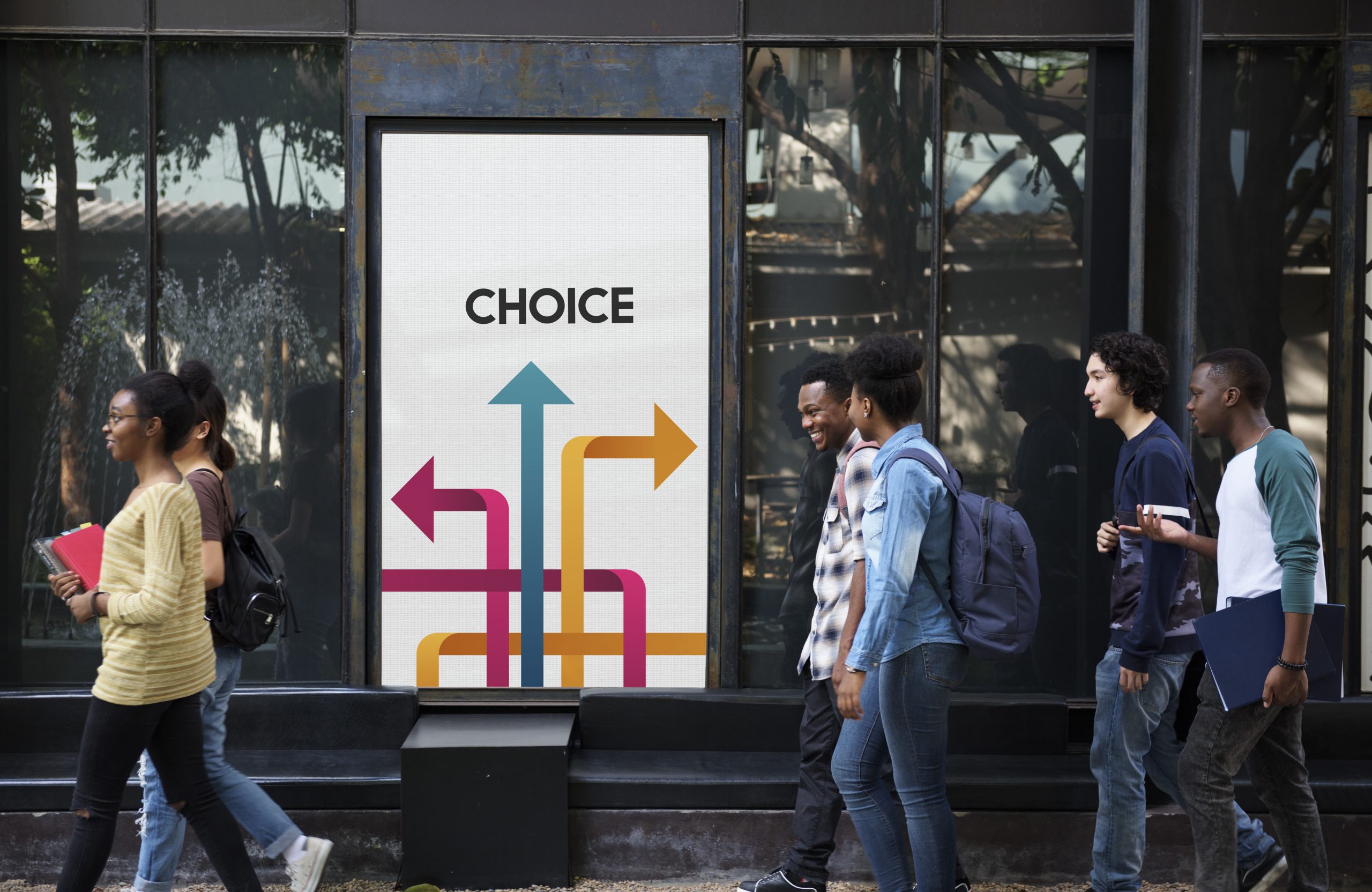In the paper "Behavioral changes during the COVID-19 pandemic decreased income diversity of urban encounters" Connection Science researchers used mobility data gathered across four major U.S. cities — Boston, Dallas, Los Angeles, and Seattle — to find the diversity of urban encounters diminished significantly during the pandemic. Read coverage in...
Connection Science: The Technology of Innovation
Unlocking the Power of Cellphone-Generated Mobility Data to Benefit Neighborhoods
Prof. Alex ‘Sandy’ Pentland and Research Scientist Esteban Moro engage in collaborative effort with scientists from Northeastern funded by the National Science Foundation. The team will build a public mobility data platform for the Boston area that will help neighborhoods and communities use cellphone-generated data to address issues of social...
MIT Connection Science Living Labs
Social Physics: Using Enriched Census Data to Build A Better Society
Trusted Data: Privacy, Security, and Economics of Data
AI, Computation, Data Science, Machine Learning, Big Data, Social Networks, Urban Systems
Mobility patterns influence how we experience income segregation in our cities
Economic segregation isn't just limited to neighborhoods; it's part of the places you visit every day. In a world of increasing urbanization, migration, and mobility, cities are becoming the epicenter of social life. Diverse populations and social cohesion are crucial for sustainable urban development, but cities face rising segregation and...
Lockdowns reveal inequities in opportunities for walking activities
(By Stephanie M. McPherson) Lockdowns saved lives during the global SARS-CoV-2 pandemic. But as much as they have slowed the spread of Covid-19, there have been some unintended consequences. New research from the MIT Connection Science Group shows that lockdowns in ten metropolitan areas throughout the United States led to...
Job connectivity improves resiliency in U.S. cities
What makes urban labor markets more resilient? This is the question at the heart of a new study published in Nature Communications by members of MIT’s Connection Science Group. The researchers in this study, including MIT research scientist and Universidad Carlos III (Spain) Professor Esteban Moro; University of Pittsburgh professor and former...
MIT researchers publish new study on social learning dynamics
Prof. Sandy Pentland (Media Lab and IDSS) and Prof. Joshua Tenenbaum (Brain and Cognitive Sciences) are among the co-authors of "Bayesian collective learning emerges from heuristic social learning" to be published in the July 2021 edition of Cognition. The paper draws on data from eToro, a social financial trading tool and...



